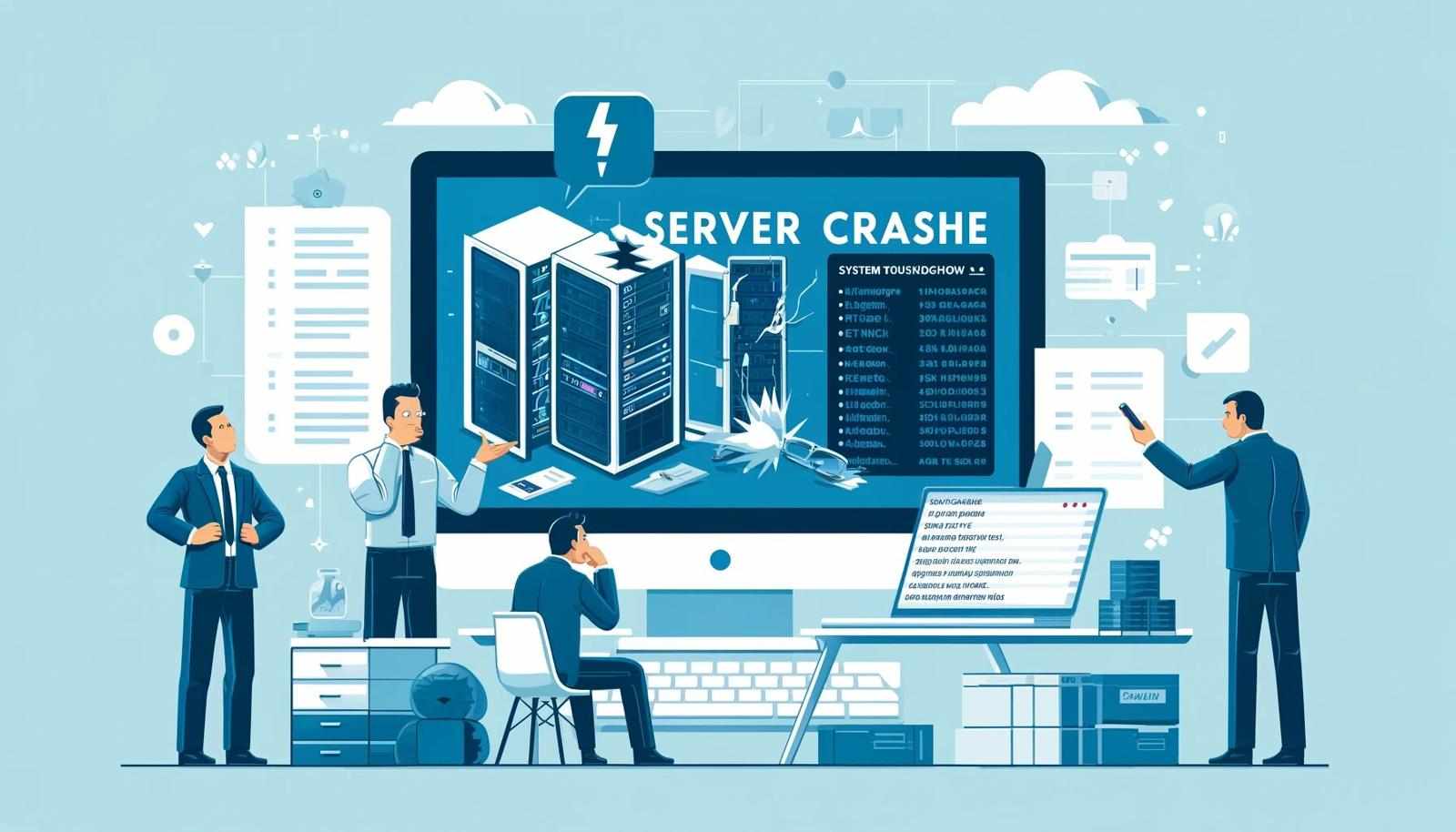
Edge computing is becoming increasingly important for businesses looking to process data faster and more efficiently. Oracle Cloud Infrastructure (OCI) has stepped up to meet this demand, offering edge computing solutions that bring data processing closer to the source. In this article, we’ll take a look at the key benefits of edge computing with OCI and explore some of the industries and use cases where it’s making a big difference.
What Is Edge Computing?
At its core, edge computing is all about processing data closer to where it’s generated, instead of sending it to far-off data centers for analysis. Traditionally, data would be sent from devices to a central server, but this can lead to delays and inefficiencies. With edge computing, data is processed locally, helping to reduce lag, improve speed, and create real-time results.
For example, consider an IoT sensor on a factory floor. Instead of sending all the data to the cloud, the sensor can process the data on-site and only send the most relevant information to the cloud for further analysis. This helps improve decision-making and performance in ways that traditional cloud computing simply can’t match.
Key Benefits of Oracle Cloud Infrastructure’s Edge Computing
1. Lower Latency
One of the standout benefits of edge computing is lower latency. By processing data closer to its source, Oracle’s edge computing solutions drastically cut down on the time it takes to transfer data back and forth between devices and the cloud. This results in faster responses and quicker decisions, which is crucial for applications like autonomous vehicles or real-time monitoring systems.
2. Better Security and Privacy
When data is processed locally, there’s less need to send sensitive information over the internet, which can be a potential security risk. With edge computing, Oracle offers businesses better control over where their data goes, ensuring that only necessary information makes it to the cloud. This helps businesses protect privacy and comply with data regulations more easily.
3. Cost Efficiency
Sending large amounts of data to the cloud can be expensive. With edge computing, businesses only need to send the most important data to the cloud, which reduces bandwidth costs. By cutting down on unnecessary data transfers, companies can save money while still getting the benefits of cloud computing.
4. Scalability
Oracle Cloud Infrastructure offers businesses the flexibility to scale their edge computing solutions as needed. As a company grows or its data needs change, OCI can easily expand to handle more devices and process larger volumes of data. This ensures that businesses can keep up with growing demands without overhauling their infrastructure.
5. Improved Performance
Edge computing boosts performance by cutting down on the distance data needs to travel. For applications that need to work in real-time, like video streaming or online gaming, this can be a game-changer. Oracle’s edge computing services ensure that these applications run smoothly and efficiently, providing a seamless experience for users.
Real-World Use Cases of Oracle’s Edge Computing
1. IoT Applications
The Internet of Things (IoT) is one of the biggest drivers of edge computing. With millions of devices collecting and sending data, it’s vital to process that data quickly. Oracle’s edge computing platform allows IoT devices to make immediate decisions without waiting for cloud processing. This is especially useful in industries like manufacturing, where quick responses can help prevent machine breakdowns or improve productivity.
2. Autonomous Vehicles
Self-driving cars rely on processing data from sensors, cameras, and GPS systems in real-time to make split-second decisions. Edge computing is crucial for ensuring that these systems work smoothly, as even a slight delay could lead to dangerous situations. Oracle helps manage the vast amounts of data generated by autonomous vehicles, ensuring that they can respond quickly and safely to their environment.
3. Healthcare
In healthcare, real-time data processing can mean the difference between life and death. Oracle’s edge computing solutions allow medical devices, wearable health trackers, and hospital equipment to process data locally, enabling doctors and healthcare providers to react quickly to changes in a patient’s condition. This is particularly useful for telemedicine, where doctors rely on immediate data to assess patients remotely.
4. Smart Manufacturing
Edge computing is also transforming manufacturing. In smart factories, machines and robots are constantly generating data, and this data needs to be processed quickly to maintain smooth operations. Oracle’s edge solutions enable manufacturers to monitor production lines in real time, identify issues early, and improve overall efficiency, which leads to better quality products and less downtime.
5. Retail and Customer Experience
Retailers can use edge computing to enhance the shopping experience for their customers. By processing data locally at the point of sale, retailers can offer personalized recommendations, inventory updates, and promotions in real-time. Oracle helps retailers improve their operations by ensuring that they can respond quickly to customer needs, leading to increased sales and customer satisfaction.
6. Video Streaming and Content Delivery
Edge computing is also playing a major role in improving video streaming. By caching content closer to viewers, Oracle helps reduce buffering and ensures high-quality video playback. This is especially important for users in remote or underserved areas who might otherwise experience slow streaming speeds. With edge computing, Oracle helps provide a smoother and more enjoyable experience for video streaming customers.
Conclusion
Oracle Cloud Infrastructure’s edge computing solutions are revolutionizing the way businesses handle data. By processing data closer to where it’s created, OCI helps companies lower latency, improve security, save on costs, and enhance performance. From IoT and autonomous vehicles to healthcare and retail, edge computing is making a big impact across industries, enabling businesses to operate more efficiently and make real-time decisions.
As more companies look to adopt edge computing, Oracle Cloud Infrastructure is positioned to lead the way, offering businesses the tools they need to succeed in a fast-paced, data-driven world. With OCI’s edge solutions, companies can stay ahead of the curve and unlock new opportunities for growth and innovation.














Write a comment ...